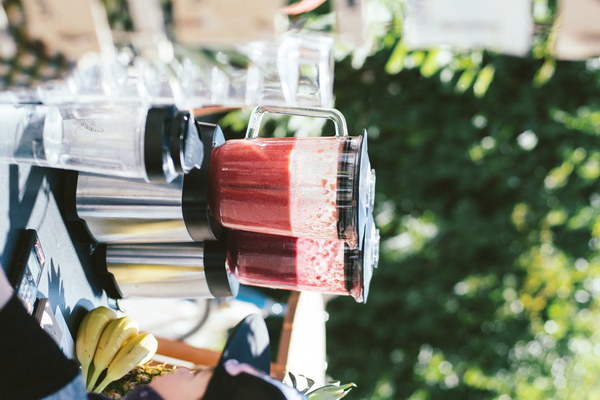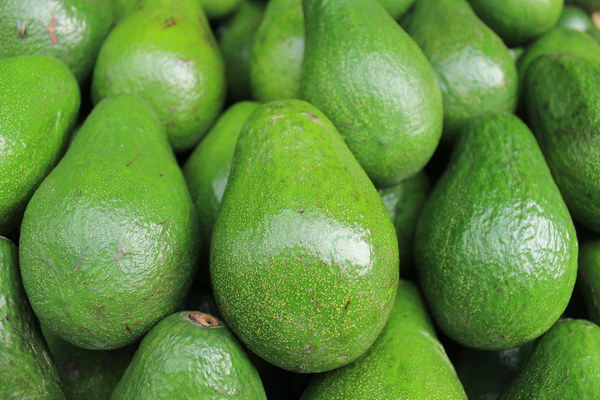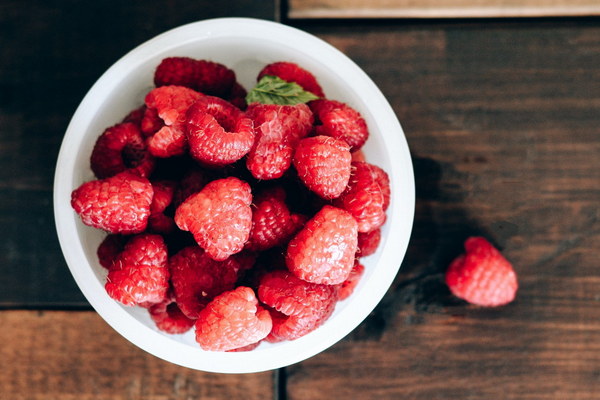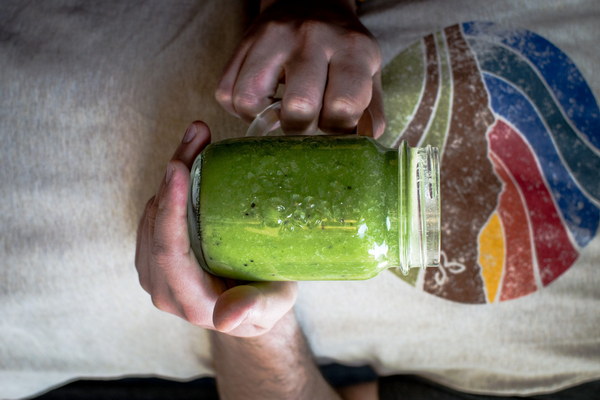Boost Your Kidney Health Discover the Best Foods to Alleviate Kidney Deficiency
Introduction:
Kidney deficiency, also known as kidney yin or yang deficiency, is a common health issue affecting many people worldwide. It can lead to various symptoms like fatigue, weakness, and frequent urination. To combat kidney deficiency, many turn to traditional remedies, including dietary changes. This article will explore the best foods to eat and avoid to alleviate kidney deficiency and improve overall kidney health.
1. Foods to eat:
a. Almonds: Almonds are rich in vitamin E and omega-3 fatty acids, which help to nourish the kidneys and improve kidney function. Consume a small handful of almonds daily to reap their benefits.
b. Black beans: Black beans are packed with nutrients like iron, protein, and fiber, making them an excellent choice for kidney deficiency. Incorporate black beans into your diet by adding them to salads, soups, or stews.
c. Goji berries: Goji berries are a traditional Chinese medicine used to boost kidney energy and improve overall health. These berries can be consumed raw, added to smoothies, or used in desserts.
d. Seafood: Seafood like salmon, shrimp, and scallops are excellent sources of omega-3 fatty acids and protein. These nutrients help to nourish the kidneys and reduce inflammation.
e. Sweet potatoes: Sweet potatoes are rich in beta-carotene, which the body converts into vitamin A, essential for kidney health. Enjoy sweet potatoes in various forms, such as roasted, mashed, or in soups.
f. Walnuts: Similar to almonds, walnuts are also rich in omega-3 fatty acids and vitamin E, making them beneficial for kidney health. Snack on a small handful of walnuts daily to improve kidney function.
2. Herbs and spices:
a. Astragalus: Astragalus is a traditional Chinese herb known for its kidney-nourishing properties. It can be taken as a supplement or added to soups and stews.
b. Cinnamon: Cinnamon helps to improve blood circulation and reduce inflammation, making it beneficial for kidney health. Sprinkle cinnamon on your morning oatmeal or in your tea.
c. Ginger: Ginger is a natural diuretic and anti-inflammatory agent, making it an excellent herb for kidney health. Add ginger to your tea, soups, or salads.
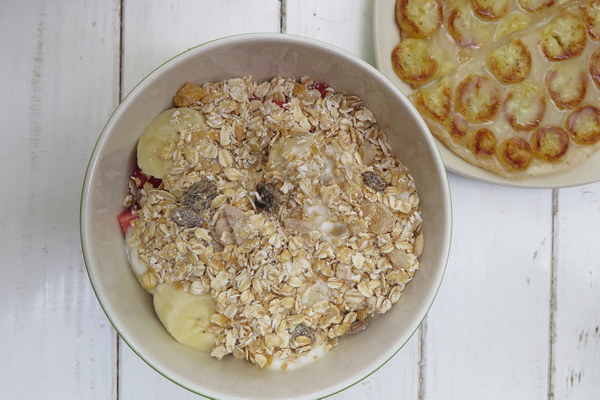
3. Foods to avoid:
a. High-protein foods: High-protein foods can strain the kidneys, so it's best to limit their intake if you have kidney deficiency. Avoid excessive consumption of red meat, dairy products, and processed meats.
b. High-sodium foods: High-sodium foods can lead to fluid retention and increased workload on the kidneys. Reduce your intake of processed foods, canned goods, and salty snacks.
c. Artificial sweeteners: Artificial sweeteners can disrupt the balance of minerals in the body, affecting kidney health. Opt for natural sweeteners like honey or maple syrup instead.
Conclusion:
Kidney deficiency can be challenging to manage, but incorporating the right foods into your diet can help alleviate symptoms and improve kidney health. By focusing on kidney-nourishing foods like almonds, black beans, and goji berries, and avoiding high-protein and high-sodium foods, you can take significant steps toward better kidney health. Remember to consult with a healthcare professional before making any significant changes to your diet or starting any new treatment.
